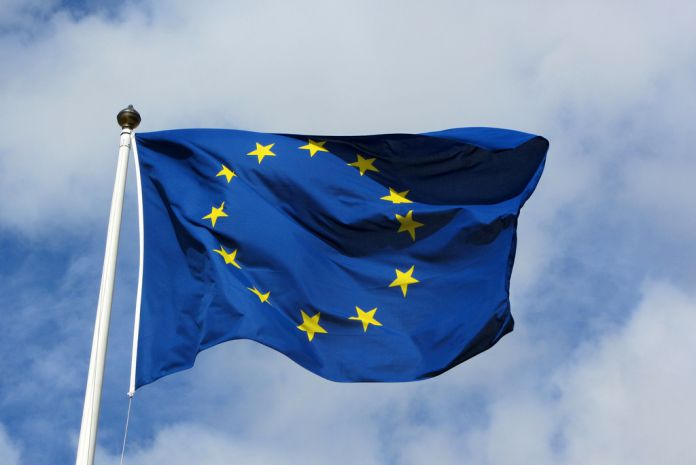Google Bard, the company's AI chatbot, has once again been delayed in Europe due to privacy issues. The model, which was unveiled in March 2023, is now expected to be available in late 2023 or early 2024. According to Politico EU, Google told the Irish Data Protection Commission that it was planning to launch Bard this week.
However, this is not happening because Google has “not had any detailed briefing nor sight of a data protection impact assessment or any supporting documentation at this point.”
Bard is a language model that can produce content based on the user's input and feedback. Google says that Bard uses artificial intelligence and natural language processing to create personalized and immersive experiences for users.
However, Bard has also encountered some problems from privacy regulators and advocates in Europe. The model requires access to the user's Google account, web history, location, and voice data. It also collects data on the user's behavior, preferences, and emotions. Google says this data is used to improve Bard's service and offer relevant suggestions and recommendations.
Trying to Meet Europe's GDPR Rules
Some critics say that Bard is a privacy threat and could expose users to unwanted tracking, profiling, and advertising. They also question the quality and originality of the content generated by Bard, and whether they respect the intellectual property rights of content creators and publishers.
Google has been working with the European Commission and other authorities to address these concerns and to comply with GDPR. The company says that it respects the user's privacy and choice, and that it gives clear and transparent controls over the data collected and used by Bard. It also says that it does not use the data for any other purposes than providing Bard service, and that it does not share it with third parties.
The General Data Protection Regulation (GDPR) is a law that protects the privacy and personal data of EU citizens. It requires companies to obtain consent from users before collecting and processing their data, and to provide them with the right to access, correct, delete, or transfer their data.
Bard, and other chatbots powered by large language models such as ChatGPT and Microsoft Bing Chat, rely on massive amounts of data to generate responses. Some of this data may contain personal or sensitive information that could violate the GDPR if not handled properly.
Bing Chat and ChatGPT are still accessible in the EU, except for Italy where ChatGPT is prohibited due to privacy issues. The Italian Data Protection Authority has instructed OpenAI to cease offering the chatbot in the country.
The data regulator claims that ChatGPT does not follow GDPR, but ChatGPT has not faced a wider ban in the European Union. However, Germany is reportedly thinking about imposing a similar restriction on the popular chatbot.
Last Updated on June 16, 2023 4:59 pm CEST by Luke Jones






